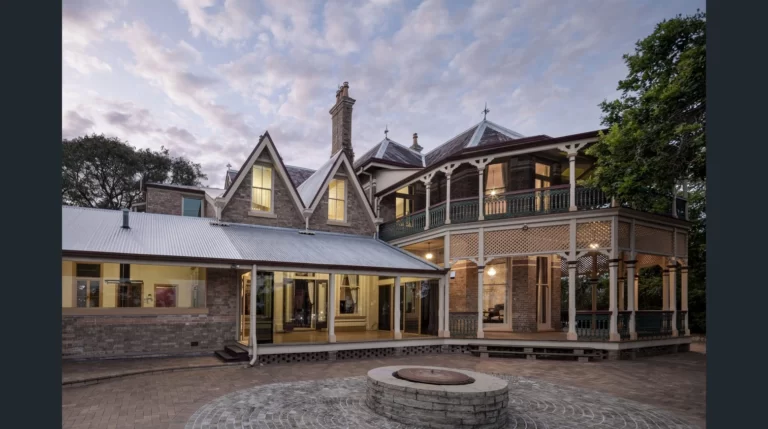How do you know what value to put on your property?
The first thing to learn in property appraisal is that there is no definitive way to know the exact value of a property. Why is this? Mainly due to the fact that people are involved and where you get people, you get emotions, thoughts and ideas. People, as with most things, like different property for different reasons. Some of those reasons involve:
- Requirements: what you need or want the property for.
- Location: Proximity to work, shops, schools, beach, mountains, Mum & Dad, city, country, flood zones etc.
- Features: Pool, stained glass, dimensions, gardens, lighting, solar power, building materials, fit out, flooring etc
- Street appeal: how it looks from the street.
The number of reasons for liking a property, or not, are as many as the number of people looking at any particular property. Are you selling or buying? There’s a big factor that can get emotional right there. Experienced professional property valuers take the emotion out of any valuation, hence the reason banks use them to value a property. You can also use a professional valuer if you like.

In the meantime, here are a few tips to help you put a price on the property you’re considering, be it buying or selling:
Similarities
This is one of the best and easiest methods of attaching a price to what you’re considering. Look at what is similar about your property and other properties in the immediate area, particularly any that may have sold recently. Try to pick similar aspects such as:
- Size: Dimensions, lowset, highset or double story, number and type of rooms, garage or carport. If buying, be careful the agent hasn’t counted car ‘spaces’ as car accommodation as many of them do these days. I’m old school and number of cars to me is car ‘accommodation’ or at least protection meaning garage or at least carport and not how many you can park in the driveway;
- Condition: How well has it been maintained, has it been renovated or does it need to be? What building materials and level of fit out has been used. Check appliances, flooring, electrical and plumbing.
- Proximity: Not only to whatever it is you need, but also things you might not want to be too close to. Check Council planning to ensure those cars driving through the lounge are supposed to be there. Creeks that flood, factories and railway lines are often not wanted too close, however a train or bus station might be desirable as usually are shops, cafes and schools.
- Features: Compare any special features such as a pool, including pumping equipment and maintenance requirements, sheds or workshop and solar power wattage.
- Age: How old is the property? Keep in mind that age can work both ways. Some properties are worth more because they are old and have character and are highly sought after. Therein lies the reason for Brisbane’s numerous character and heritage houses and entire character and heritage areas. These areas have many rules and regulations concerning what you can and can’t do to renovate or demolish houses in those areas.

Market Situation
As we’ve seen graphically in the past two years, the current market situation has a huge effect on the price of property. The record low interest rates created a cheap money boom which gave rise to a large number of buyers that flowed straight into a property boom. Things to watch for:
- Is it a buyer’s market or a seller’s market, or somewhere in between? Keep an eye on the property cycle;
- Sellers’ Market: property prices will increase;
- Buyers’ Market: property prices will fall.
- The property cycle is relevant to national, State, City/town and suburban level. Markets will differ and are not a ‘one size fits all’ situation. Be sure to check the market you’re in.

‘Time in the Market’ beats ‘Timing the Market’
When considering value of a property, a well-known rule to follow in watching the market cycle is “Time in the market, beats timing the market”. Timing the market is more difficult than just looking at the property cycle due to the many factors and nuances that affect markets at various levels, not to mention buyer skills such as negotiation experience. It takes a lot of time and effort to be so accurate in timing and to build negotiation skills.
The world’s most successful investor, Warren Buffet, once said, “Be fearful when others are greedy, be greedy when others are fearful”. Similar from John Paul Getty, “Buy when everyone else is selling and hold until everyone else is buying”. That’s as close as I like to get to timing the market and a property rule I live by. For me, it’s definitely time IN the market.
One more from old mate Wazza before we finish:

So, are you using a Buyers Agent?
Property mistakes are very expensive mistakes to make and it can take a very long time to recover from even one mistake………if you recover at all. Many don’t.
Call Premier Property Buyers Australia now, so you don’t make any mistakes.
0490 020 801












